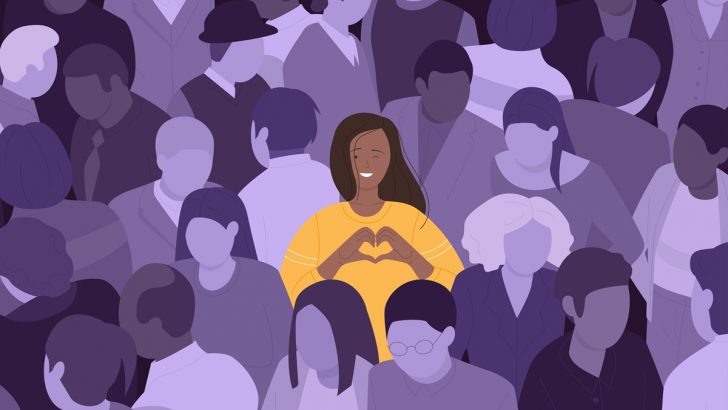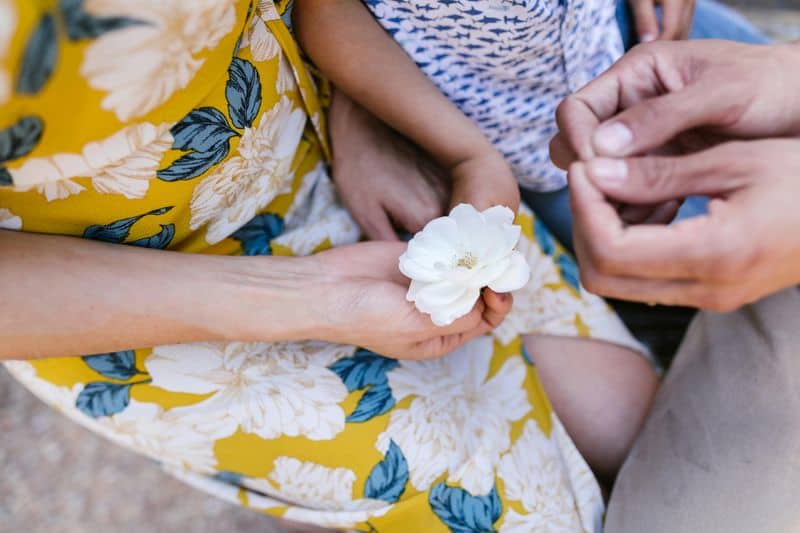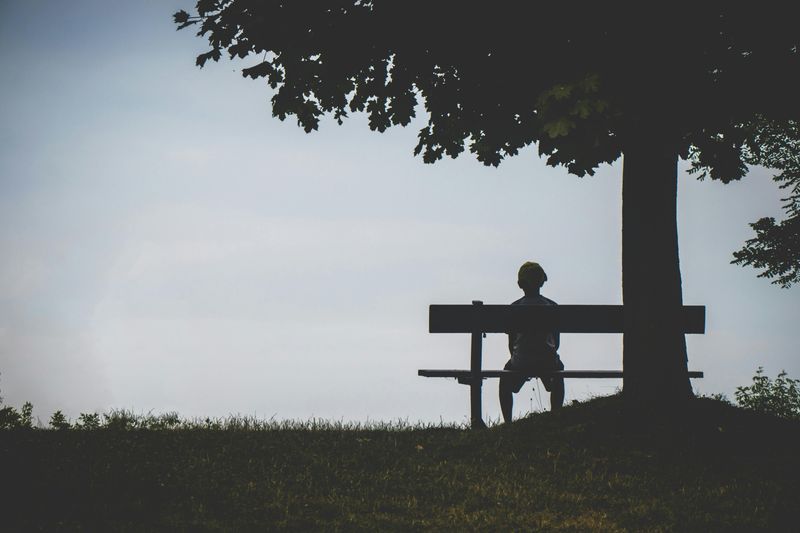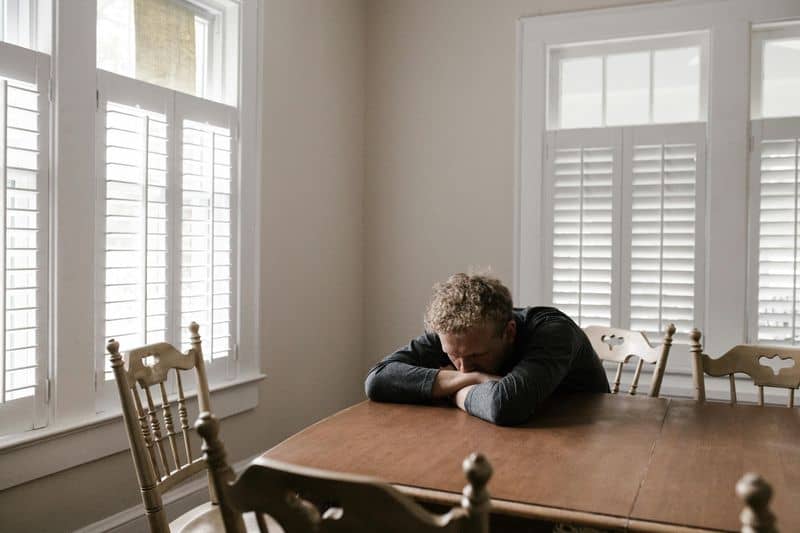Have you ever noticed how the person who lights up every room can sometimes have the saddest eyes? It’s one of life’s strange puzzles that the friendliest people often battle the deepest feelings of loneliness.
While they’re busy making everyone else feel special and included, they might be silently struggling with their own sense of isolation. Let’s explore why those with the biggest smiles sometimes have the heaviest hearts.
1. Craving Deeper Connections While Others Stay Shallow
The social butterfly who remembers everyone’s birthdays might be yearning for conversations that go beyond the weather. Friendly people often seek meaningful relationships while others are content with surface-level chit-chat.
This mismatch creates a lonely island where they stand surrounded by acquaintances but few true friends. They’re constantly giving depth to relationships while rarely receiving the same in return.
Over time, this one-way emotional street leaves them feeling invisible despite being in plain sight—known by many but truly seen by few.
2. Being Everyone’s Emotional Support System
Friendly folks become the go-to therapists in their social circles. Friends dump their problems, receive comfort, then disappear until their next crisis—rarely asking how their supportive friend is doing.
This emotional labor creates a bizarre situation where the friendliest person knows everyone’s deepest secrets while nobody knows theirs. The weight of carrying others’ burdens without reciprocal support becomes exhausting.
Many develop a reputation as “the strong one” that paradoxically prevents others from checking on their wellbeing, creating a lonely cycle of giving without receiving.
3. Wearing a Perpetual Mask of Happiness
“How are you?” they always answer “Great!” even on their worst days. The friendliest people often maintain a sunny facade because they’ve learned others prefer their upbeat version.
This constant performance becomes second nature but creates an invisible barrier between their true self and the world. Friends come to expect the happy persona and may unconsciously avoid them when they show vulnerability.
The exhaustion from this emotional masquerade leaves them feeling unknown and unseen—surrounded by people who love their performance but have never met the person behind the smile.
4. Setting Aside Their Needs for Others
Remember that friend who drove you to the airport at 4 AM without complaint? Their selflessness stems from genuine care, but creates a problematic pattern where their needs always come last.
The friendliest souls struggle with saying no, fearing they’ll disappoint others or lose connections. This habit trains their social circle to view them as eternally available, rarely considering their limitations or desires.
Years of putting themselves last creates a profound loneliness—they’ve built a life where everyone matters except themselves, and few recognize the sacrifice behind their constant giving.
5. Heightened Sensitivity to Social Nuances
Friendly people often possess radar-like sensitivity to others’ emotions and subtle social cues. This superpower helps them navigate social waters with grace but comes at a steep price.
They notice when they’re excluded from inside jokes, detect insincerity in casual invitations, and feel the sting when conversations shift when they arrive. Their perceptiveness makes them excellent friends but also more vulnerable to social wounds others might miss.
This heightened awareness creates a lonely paradox—they understand social dynamics better than most yet feel more isolated because of what they perceive.
6. Outgrowing One-Sided Friendships
The friend who plans gatherings, remembers important dates, and keeps everyone connected often realizes a painful truth: without their effort, many relationships would simply fade away.
This awakening happens gradually as they notice they’re always the initiator, the planner, the one checking in. The moment they stop putting in effort becomes a revealing experiment—some connections immediately go silent.
Eventually, they find themselves surrounded by relationships they’ve outgrown but struggle to release, caught in a lonely space between maintaining one-sided friendships and risking having none at all.
7. Being Misunderstood as Having Perfect Lives
The cheerful person who brightens every room often becomes a victim of harmful assumptions. Their social ease and positive demeanor lead others to believe they have perfect lives with no real problems.
This misconception creates a strange isolation where friends don’t offer support because “you always have it together.” Their struggles get dismissed with comments like “but you’re always so happy” when they finally share difficulties.
The friendly exterior becomes a barrier to receiving compassion, creating a lonely reality where their pain isn’t validated because it doesn’t match their outward appearance.
8. Attracting Surface-Level Relationships
Magnetic personalities draw people like moths to flame, but quantity rarely equals quality. Friendly people often find themselves surrounded by admirers rather than allies—folks who enjoy their company but vanish during difficult times.
Their approachability creates a wide but shallow social network where they’re everyone’s friend but nobody’s priority. They become the perfect plus-one for events but not the first person called during a crisis.
This popularity paradox leaves them feeling like a commodity rather than a valued individual, creating profound loneliness despite impressive social media friend counts.
9. Fear of Burdening Others With Their Problems
“I don’t want to bring everyone down” becomes their silent mantra. Friendly people often develop an intense fear of inconveniencing others with their struggles, having witnessed how their positivity affects the room.
This protective instinct leads them to compartmentalize their problems, sharing triumphs freely but keeping hardships private. They’ll listen for hours to friends’ troubles while deflecting questions about their own well-being.
The resulting isolation grows as their inner world remains largely unknown to even close friends, creating a lonely existence where they know everyone’s struggles while nobody knows theirs.
10. Difficulty Finding Equally Invested Friends
Friendly people often operate at friendship level 10 while encountering others comfortable at level 3. Their natural generosity—remembering details, checking in regularly, celebrating milestones—creates an unintentional imbalance in relationships.
This mismatch in investment leaves them wondering why others don’t reciprocate their effort. They notice when birthdays they’ve celebrated go unacknowledged or when their own life updates receive minimal interest after they’ve enthusiastically supported others.
Finding equally invested friends becomes increasingly difficult, leading to a lonely existence where their friendship standard feels both reasonable and impossibly rare.











